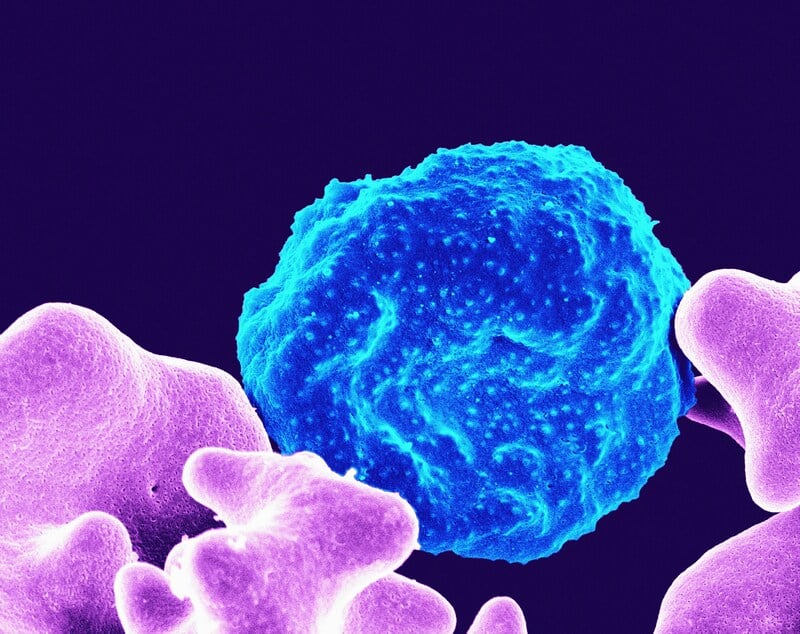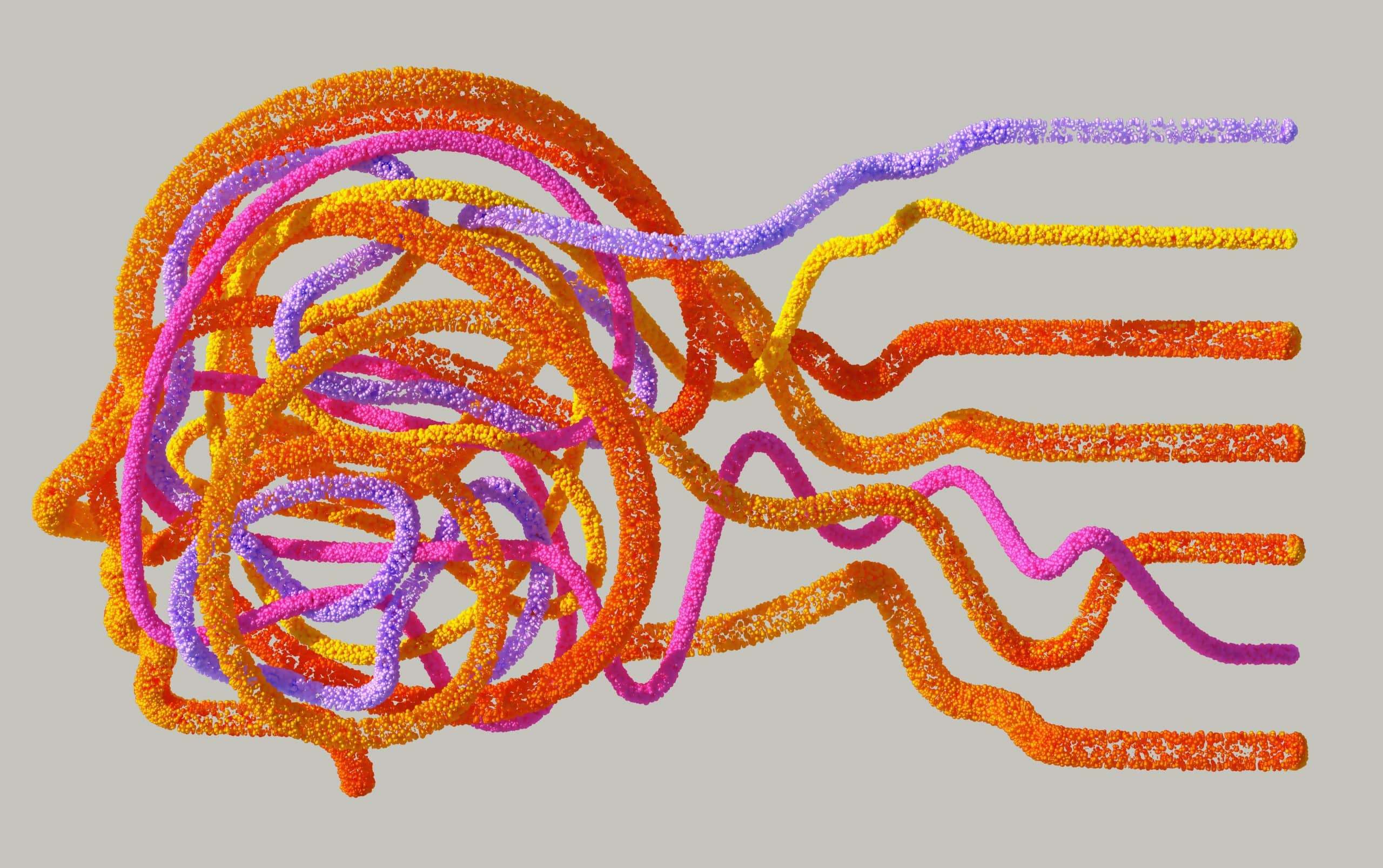Ekbom syndrome or delusional parasitosis (DP) is a rare mental condition where someone falsely believes they’re infested with parasites. Originally, this mental condition got its name from neurologist Karl-Axel Ekbom in recognition of his groundbreaking research on the disorder. Despite having no infection, an individual cannot shake the feeling that their body is hosting harmful organisms. A person with this disorder isn’t simply making things up in their head as they’re actually impacted by an unwavering delusion.
3 Types of Delusional Parasitosis
With Ekbom syndrome, an individual can have one of three different types of this disorder, causing various symptoms. Primarily, this disorder can consist of a singular delusion and is often considered a monosymptomatic illness called primary delusional parasitosis. Moreover, secondary delusional parasitosis occurs alongside other psychological conditions such as OCD, schizophrenia, bipolar disorder, PTSD, dementia, and depression. Alternatively, a person with organic delusional parasitosis may have underlying deficiencies or conditions including diabetes, menopause, cocaine addiction, heart disease, hypothyroidism, and vitamin B-12 deficiency.
Diagnosing Ekbom Syndrome
Typically, a person with Ekbom syndrome seeks immediate medical attention as they’re convinced they have a parasitic infection. Specifically, they may believe parasites live inside the body, on the surface of their skin, or underneath it. Besides themselves, an individual may believe parasites are affecting their surroundings including their home and furniture. Likewise, they may report experiencing physical sensations such as excessive tingling, itching, numbness, burning, and fornication, causing discomfort.
Additionally, they may develop self-destructive characteristics and behaviors due to the condition. Specifically, they may consistently scratch, poke, pick, and rub their skin with their hands or other harmful chemical substances. As a result of his behavior, one can develop ulcers or skin lesions. In more severe cases, they may even engage in self-mutilation or rely on dangerous pesticides to create makeshift remedies.
Causes

So far, researchers haven’t found an exact cause of Ekbom disorder, but they’ve made some important discoveries. Although delusional parasitosis affects individuals of all ages, ethnicity, and gender groups, women who are middle-aged or older are most at risk. Furthermore, various factors may cause this mental disorder such as chemical imbalances from substance abuse or underlying health conditions affecting the brain.
Particularly, research indicates that dopamine plays a major part in Ekbom syndrome since it’s a chemical in the brain linked with psychosis. What’s more? A person with severe stress or certain illnesses is most susceptible to developing this condition. However, more research will be needed to understand how this condition works and where it forms in the brain.
Testing Underlying Causes
To get treated for delusional parasitosis, a doctor conducts a full physical examination and runs blood tests. With these tests, a doctor can determine if underlying conditions are mimicking symptoms associated with Ekbom syndrome such as persistent feelings of crawling, itching, and numbness. Namely, anemia, thyroid and kidney disease, and infectious diseases like HIV and scabies are potential health disorders a doctor focuses on during testing.
Additionally, they may look at neurological disorders like Parkinson’s disease, skin conditions such as dermatitis herpetiform, or substance-related health issues as potential underlying causes too. Once these tests are complete, a doctor can best mitigate symptoms and develop an effective treatment plan.
Treatments and Medications
For an individual to be treated, a doctor must first address any underlying condition they have that may be a trigger. From there, they’ll prescribe antipsychotic medications to fight against specific symptoms or the underlying illness, if one is present. However, complications arise as an individual may not believe they have a mental health problem but that a parasitic infection is causing their issues. Due to this delusional belief, they may reject treatment and medication altogether to improve their health.
That’s why, they should seek a psychiatrist as they have the best knowledge and equipment for effective treatment. Indeed, they can prescribe various medications to manage symptoms including aripiprazole (Abilify), pimozide (Orap), olanzapine (Zyprexa), and risperidone (Risperdal). Likewise, an affected individual can benefit from consultation or therapy from a doctor or psychiatrist to address their health problems.
Final Thoughts
Approaching someone’s situation without judgment, ridicule, or ignorance is important. Discussing one’s struggles with delusional parasitosis requires sensitivity and genuine support. Keep in mind that telling a person to take medication to eliminate their parasites can worsen their mental health as it would exacerbate their delusions or beliefs. Instead, they should be encouraged to get help for their problems from a psychiatrist.










